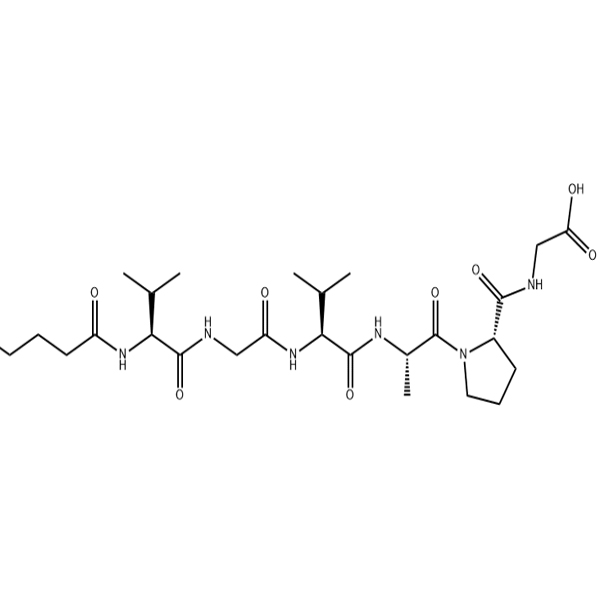Peptides are decorative techniques that convert linear peptides or cyclic peptides coupled (by amino, benzyl, etc.) into liposomes or fatty acids (such as myristic, palmitic, isoprenyl, geranyl, etc.). The use of lipopeptides is of great interest for vaccine development because it can avoid the occasional use of toxic condiments, but it can still generate all the immune responses. Synthetic peptides alone are not sufficient to produce an immune response. Therefore, immune condiments are specifically added to enhance the immune response. Recent studies have shown that lipopeptide modification can help many biological activity studies, such as cell uptake, drug delivery, immune function, membrane modification, etc. Gutuo Bio can provide you with a wealth of lipopeptide modification technologies. Lipopeptides are commonly used in the following studies:
Cellular mechanisms of operation/signaling studies
Antimicrobial peptides or antifungal peptides
Protein-protein interaction studies
Protein-liposome interaction studies
Membrane targeting/localization studies
Cell permeability studies
Azido-alkynyl Copper Catalytic Cyclization (click chemical ring)
Connection mode 1:
The fatty acid chains formed by farnesyl or geranylgeranyl are combined by linking to a thiol group;
Connection mode 2:
Myristic and palmitic acids covalently bind amino and sulfhydryl groups to form fatty acid-amino or fatty acid-sulfhydryl peptides.
Post time: Nov-01-2024

